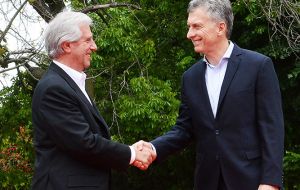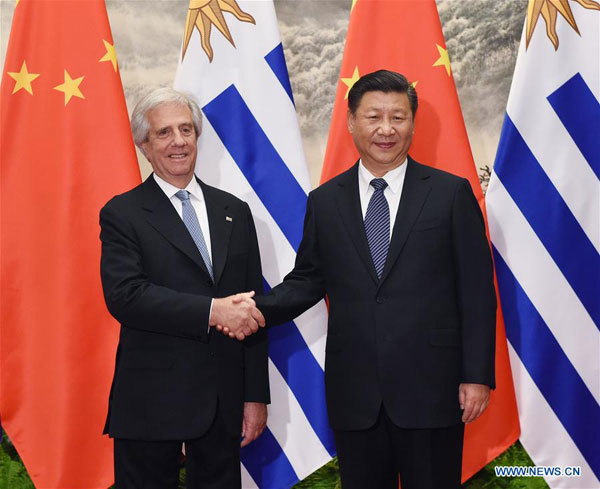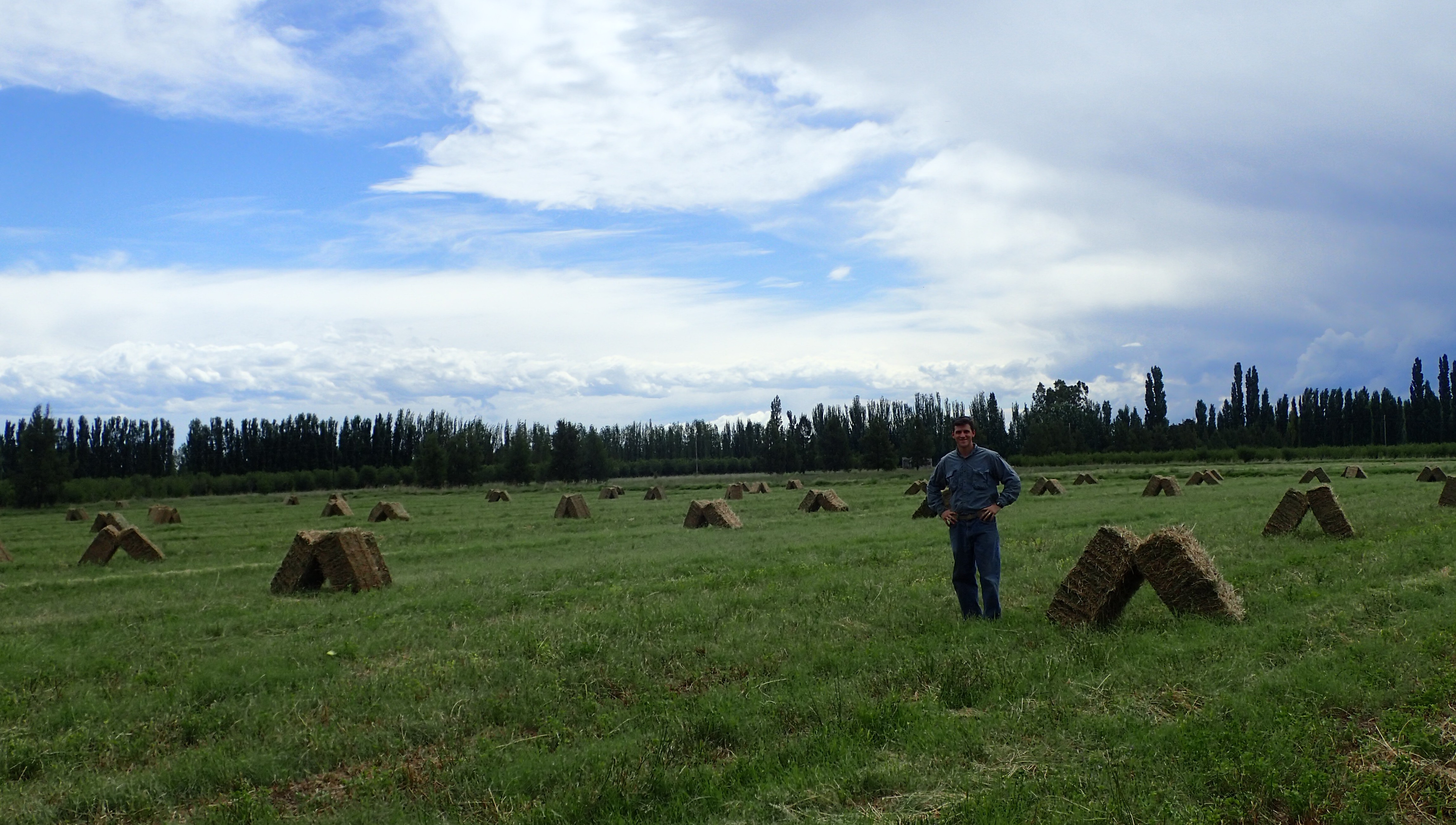All too often, transitioning veterans seeking to become entrepreneurs never take the first step in pursuing their dreams because of perceived insecurities. They prematurely assume failure by telling themselves they’re not qualified to compete in the business community. This couldn’t be further from the truth. The leadership, confidence, and problem-solving skills veterans bring to the corporate sector are precisely the type of intangible skills sets needed for success. As a veteran entrepreneur, I’d like to share my experiences by highlighting five fears facing many first-time veteran entrepreneurs and methods I’ve used to help combat these fears.
- Lack of Business Experience
When I left the Marine Corps in July 2014, I knew I wanted to work for myself doing something I loved. Yet, as I began to put together a plan for AGD Consulting, a US-based agricultural investment advisory company, I couldn’t help but feel like I was woefully lacking in experience. What business experience could I bring to this type of venture, having spent the last seven years as a Marine Corps infantry officer? What I was failing to consider was the sum of all my life experiences, not just my Marine Corps service. Throughout college, travels in Latin America, and my time as an infantry officer, I developed sound leadership and management experience through years of exposure to uncertain and rapidly changing environments. My degree in Agricultural Engineering has served me well in managing our family’s agricultural investments in Latin America and the US. A previous investment in Ecuador and a current one in Argentina taught valuable business and investment management lessons.

Last year, my family and I set off on a 6-month, 6-country investment research trip to Latin America to gain first-hand experience about local agricultural and financial markets in the region.

During that trip, I conducted over 100 unique agricultural site visits in six countries. The point here is to draw on all your experiences, not just your time in the service, to showcase your full range of talents.
- No Business Contacts or Network
You might also be thinking, “I’ve heard networking is one of the most important parts of starting a new business, but I don’t have a single business related contact. Where do I begin?” Family is always a good first step. Start with your immediate family and extend out as far as you can. Social media platforms, phone calls, and personal visits serve as effective ways to reach distant relatives. Explain to them what you’re trying to do and ask if they know anybody in that field willing to help. Remember, you’re not asking for money or a great deal of their time; only contacts to build your own network. Next, reach back to your military contacts. Find a Bunker Labs group in your area as they can be a tremendous resource for linking veteran entrepreneurs to the business community. Contact American Corporate Partners and have them match you with you an experienced mentor in your field. Bottom line: don’t narrow your scope of support because you think you don’t know anybody who can help. It never hurts to ask.
- I Have No Means of Financial Support While I Build My Business
This one requires some preparation. If you’re considering entrepreneurship after the military, start planning for it well before you leave the steady income it provides. My family and I started saving for an entrepreneurship venture in 2007. While in the Marine Corps, we tried to be responsible stewards of our money by living within our means, keeping a detailed budget, taking advantage of tax-free benefits offered deployments, and tucking away money every month. As a testament to what’s possible, our family of six left active duty service in September 2014, and aside from a few odd jobs, have not had a source of income since. As I write this article nearly two and a half years later, we still have enough in savings for two years of living expenses and capital to continue to grow our business. Anything is possible with a little preparation and a lot of passion.
- How Much Time Do I Have? How Do I Manage it?
Start by creating a detailed budget. You need to be meticulous about keeping track of all money expenditures; everything from gas and groceries to larger expenses like house payments, medical costs, and business improvements. Build a reasonable miscellaneous fund into your budget to cover the unexpected. If you don’t use it all during a particular month, roll it over into the next month in order to extend your timeline a little further. Once you’ve determined your monthly expenses, take the amount of money you’ve set aside to launch your business and divide it by your monthly living expenses. This will give you an approximate timeline for how long you can build your business without seed money.
Managing your time is where the discipline you learned in the service is vital. At first, set a daily schedule that resembles the schedule you had in the service as a way to slowly transition into life as an entrepreneur. Each night, create a bulleted list of tasks you want to accomplish for the next day. Stay focused on those tasks throughout the day and don’t let the freedoms of your new work environment pull you off task. Work until your daily tasks are complete. If it’s a multi-day project, set aside a certain numbers of hours on that project per day and stop when you’ve reached that time limit. Work in time blocks that fit your daily schedule and biological clock. If your kids have an event at school, take advantage of your new found flexibility; just make up for lost time by working later at night or waking up earlier the next day. These are just a few examples of how a detailed budget, disciplined schedule, and strong work ethic can be the start of a successful transition into life as an entrepreneur.
- What if I Fail?
Failure is never far from a new entrepreneur’s mind. Even with a solid base of business experience, a developed network of contacts, and sufficient funds, many more new businesses fail than succeed. However, veteran entrepreneurs have a distinct advantage when it comes to dealing with fear and uncertainty. Their leadership experience and disciplined nature give them an advantage when walking a path less traveled. Being an entrepreneur is about leaving the familiar behind and taking on the challenges that many do not. As a veteran entrepreneur, you are equipped with a set of skills that allow you to rationally weigh the risks, understand consequences, and develop solutions in short periods of time. As counterproductive as it might seem, part of that pragmatic solution should include a contingency plan. Once you’ve laid the mental and financial framework for Plan B, put it completely aside and focus 100% of your effort on the success of your business. Ruthlessly run down every lead, learn to embrace the uncertainty, and let your intuition tell you when it’s time to pivot.










 Rio Negro seen from the shores of Bariloche
Rio Negro seen from the shores of Bariloche